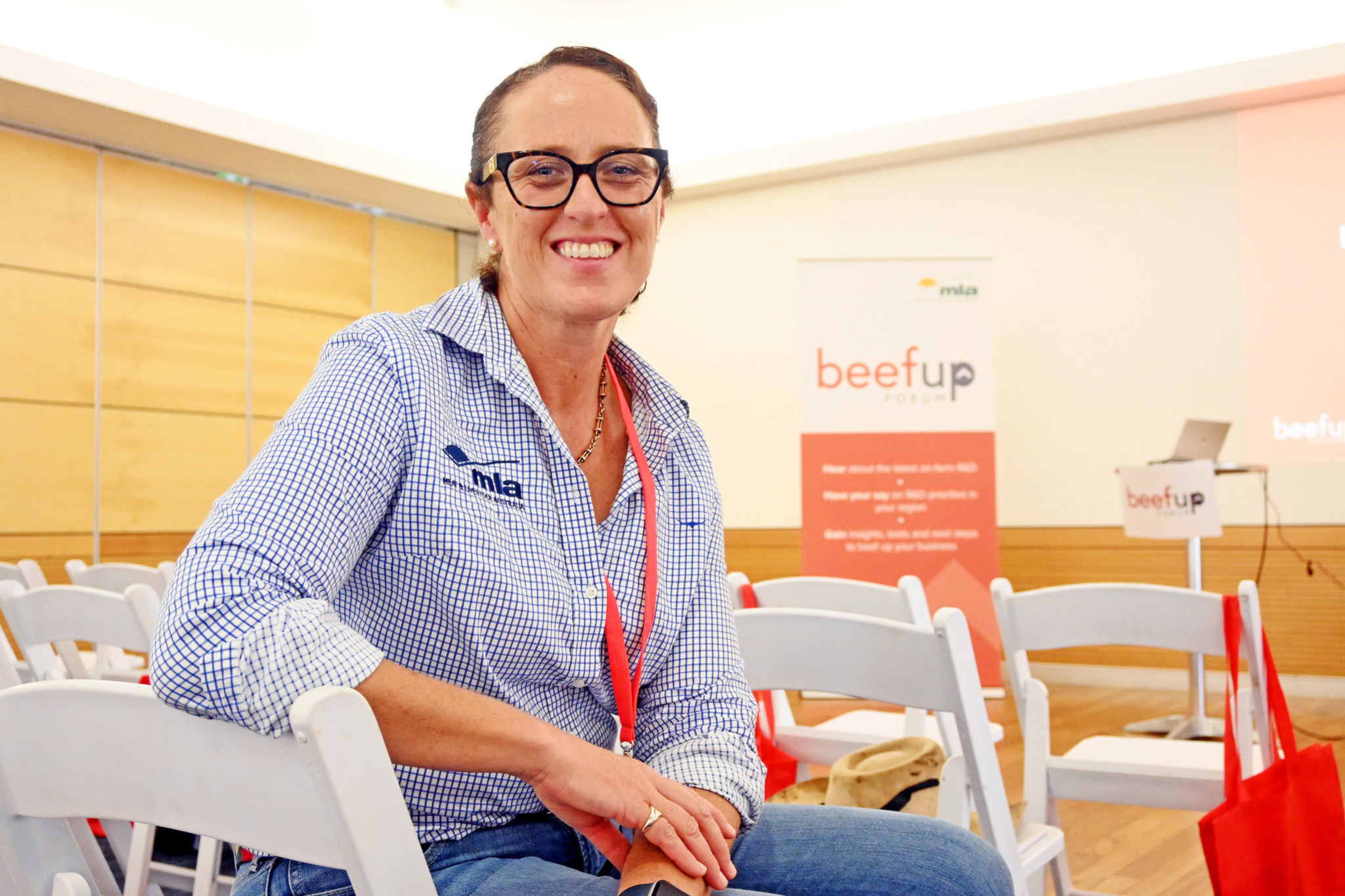Business
19 March, 2025
Rail fix also a priority for North West graziers: MLA
Making the Mount Isa-Townsville rail line more efficient will improve returns to beef producers in the region.

Meat and Livestock Australia (MLA) believe a study to increase farmgate returns for North West producers could increase the number of cattle vying for space on the Mount Isa-Townsville rail line.
The national livestock research and marketing service is currently reviewing its meat grading processes to enable more North West beef producers to qualify for the price premium Meat Standards Australia (MSA) labelling.
Beef that is labelled under the MSA system is marketed to consumers as being a higher quality and more consistent taste.
It is used as a selling point among butchers and retailers to demonstrate that cattle have been reared and processed according to standards that lead to beef cuts of a premium quality, with a higher price to match.
MLA’s adoption and commercialisation group manager Sarah Strachan told the BeefUp Forum in Cloncurry that the ability to qualify for MSA labelling was a significant profit driver for Australian producers.
She said MSA generated more than $300 million in additional farmgate revenue across the nation last year, which is about a three to five per cent increase in farmgate profits for an industry that is forced to subsist on notoriously low margins.
Currently more than half of all cattle slaughtered in Australia meet MSA standards.
Producers are also not charged any direct fee to have their product MSA graded.
However, this grading has often been out of reach for North West producers.
Achieving an MSA label premium currently requires the beef to be processed within 48 hours of leaving the property, which severely hampers our local producers, whose cattle travel vast distances to market.
In response, MLA is studying how it can adjust its standards to extend the timeframe permitted to qualify for MSA gradings without lowering the overall quality of the beef product in the taste buds of consumers.
And MLA believes the western rail lines are the right vehicle to achieve this end goal.
About 2.7 million cattle are currently transported to market annually along western Queensland rail lines annually.
The MLA study involves working with a host of North West and Central West beef producers, who then transport their cattle on the local rail lines to market and follow usual MSA grading processes, before finally conducting a series of blind taste tests with about 3000 consumers.
Ms Strachan said comparable studies had already been undertaken for cattle travelling via truck on the highways, but the results found some remote cattle properties still could not qualify for the grading.
“We have done as much as we can with trucks, which are limited in the number of hours they are allowed to be on the road in a day,” she told North West Weekly in Cloncurry.
“We have found this has meant some of the cattle still are not meeting the timeframes for MSA grading.
“So the rail provides another new avenue that we can study.
“Whatever it takes for the cattle to travel from the farm, through the rail system to being processed, that is what we will take into account. We will extend our program and our timeframes to allow that pathway to be available to producers.”
Ms Strachan said surveyed consumers had been responding positively to the quality of North West product that had been transported via rail and then MSA graded, despite the longer time frames required.
She said the study also indicated there were a range of on-farm actions that North West producers could undertake to ensure the best possible product is delivered to the abattoir.
“A lot of it has to do with socialisation of the cattle prior to leaving the farm gate to reduce the stress on the cattle, which we know affects the quality of the end product,” she said.
“It may lead to more cattle being moved on rail by producers in remote areas as it becomes a viable option to achieve MSA grading in the future.
“It will be good to provide that option for more producers in the North West.”
MLA expects to complete its study before the end of the year.